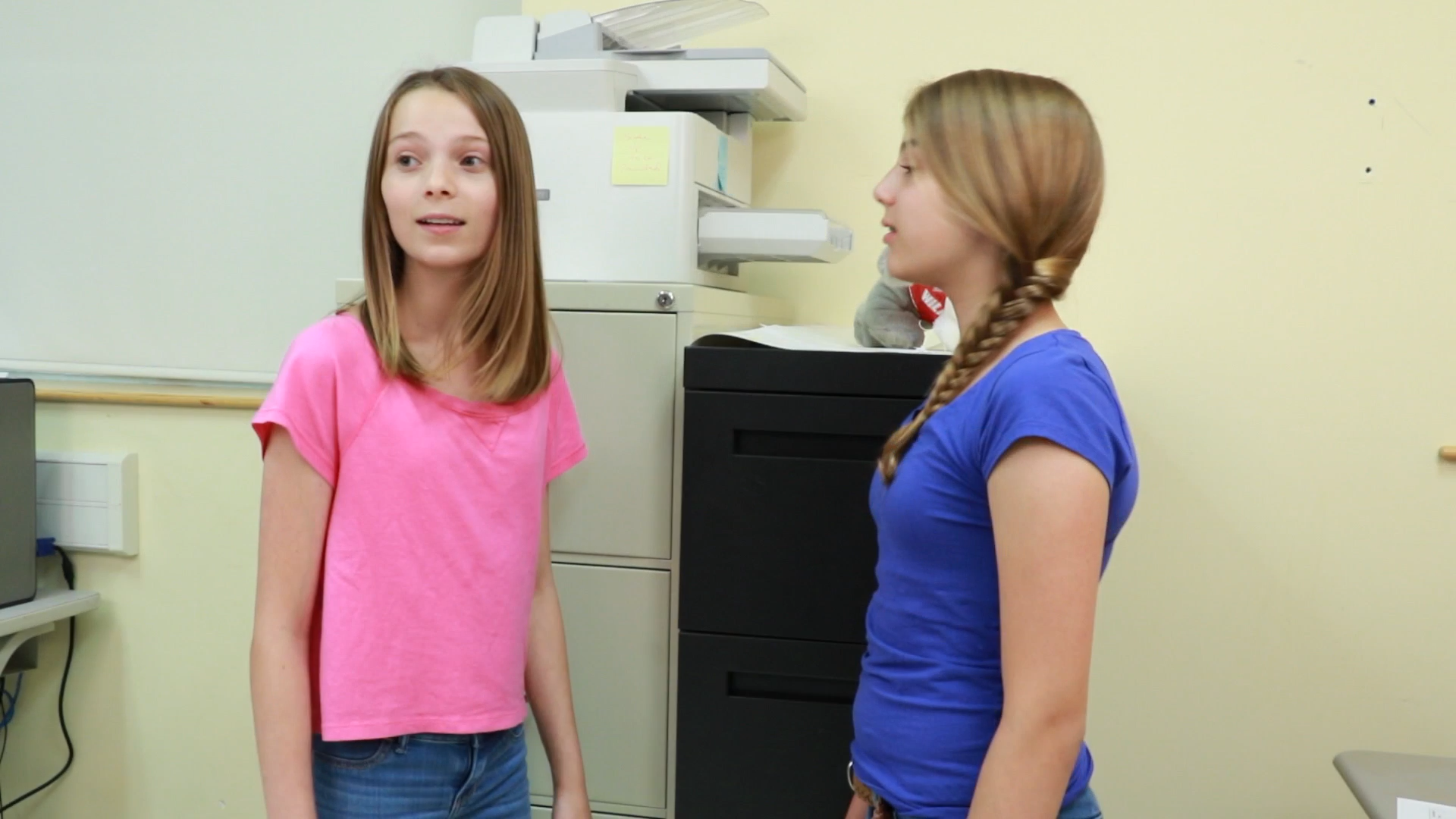Introduction
Feeling left out can be a disheartening experience for anyone, especially for students in special education. As educators, it is essential to promote an inclusive environment that encourages social-emotional learning. This blog post focuses on an activity that requires no preparation or materials, discussion questions to stimulate further conversations, and related skills to help students feel more included and valued in their peer groups.
No-Prep Activity: The Inclusion Circle
This activity aims to teach students the importance of inclusion and how to be mindful of others’ feelings. Here’s how it works:
- Have students stand in a circle, facing each other.
- Choose one student to start by saying something they like or enjoy (e.g., “I like playing soccer”).
- The student to their left should then repeat the statement and add their own (e.g., “I like playing soccer, and I enjoy painting”).
- Continue around the circle, with each student repeating the previous statements and adding their own. Encourage students to listen carefully and remember their peers’ interests.
- Once the circle is complete, have a brief discussion about how everyone’s interests were acknowledged and included, promoting a sense of belonging.
Discussion Questions
After completing the Inclusion Circle activity, use these questions to stimulate further discussions:
- How did it feel to be included in the circle and have your interests acknowledged by your peers?
- Can you think of a time when you felt left out? How did that make you feel, and what could have been done differently?
- Why is it important to be mindful of others’ feelings and make an effort to include everyone in group activities?
- How can we practice inclusion in our everyday lives, both inside and outside of the classroom?
- What are some strategies we can use to help others feel more included and valued?
Related Skills
Beyond inclusion, there are several other social-emotional learning skills that can help students in special education develop strong relationships and navigate social situations. Some of these skills include:
- Empathy: Understanding and sharing the feelings of others.
- Active listening: Paying close attention to what others are saying and responding thoughtfully.
- Conflict resolution: Finding peaceful solutions to disagreements or misunderstandings.
- Cooperation: Working together with others to achieve a common goal.
- Self-awareness: Recognizing one’s own emotions, strengths, and weaknesses.
Next Steps
Now that you have learned about the importance of inclusion and social-emotional learning in special education, it’s time to put these skills into practice. To help you get started, we encourage you to sign up for free samples of these skills and others from Everyday Speech. These resources can greatly assist you in fostering an inclusive and supportive learning environment for your students.






